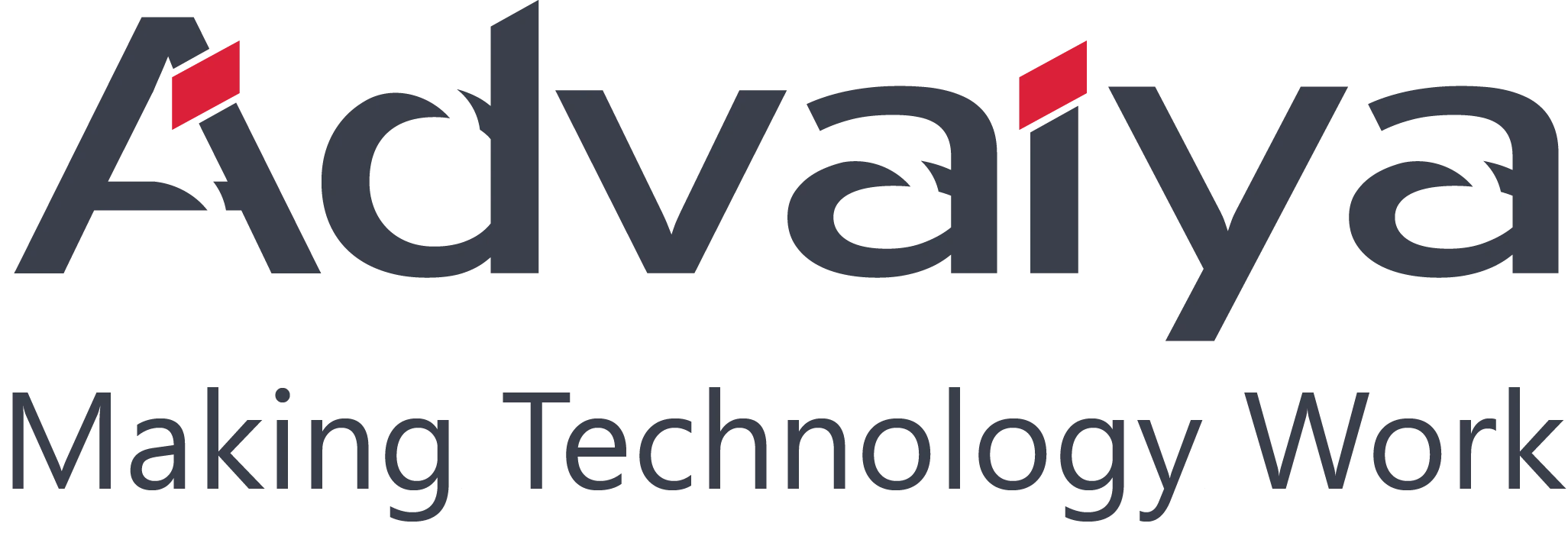The net neutrality debate has been raging in India with all the newspapers, news channels, radio and the internet talking about it. The internet has been an integral part of our life, be it students, teachers, researchers or organizations. It has been a source of knowledge, entertainment and business, and plays a crucial role in keeping us connected with our family and friends who might be miles apart but are always available on a click.
With the evolution of internet, the medium of communication has also changed, from texting each other to video calling through various apps like WhatsApp, Skype, etc. But on the other side, all these enhancements have not been so favorable for the telecom operators as phone calling and messages are now available with just a subscription to the internet pack.
Net Neutrality became abuzz when Airtel announced in December 2014 to charge additional price for making voice calls using Apps like WhatsApp and Skype.
Well, net neutrality is the Internet as we see it presently, connection from any device to any website through internet via any internet service provider. The term net neutrality means that all the internet users are to be treated equally on the internet, not discriminating or charging differentially by user, content, site, platform, application, type of attached equipment, or mode of communication.
When we talk of Internet, there are three concerned entities, the end user, the internet service provider (like Bsnl, Airtel, etc.) and the content providers (Google, Amazon, etc.). TRAI is looking forward to make internet cheap for everyone as many people still can’t afford the internet by providing few free services for the end-user and specific charges for some specific websites. But many of the netizens are against it as they will be bound to a specific telecom operator based on which web service it provide for free and which it would charge. This principle is known as zero-rating and it kills the competition as it would become very hectic for startup companies to make a mark in the market of existing dominating companies.
With the growing row over net neutrality, India is not welcoming internet.org – an initiative by mark Zuckerberg, to provide free internet to people who can’t afford internet facility as it violates one of the principles of net neutrality which states that the cost of access should be same for all the sites giving equal opportunity to every company to find a place in one of the most competent markets.
Net neutrality has today become a worldwide hot topic of discussion. Many countries have already adopted net neutrality, such as Chile, who became the first country to enact a net neutrality law in 2010. In 2012, Chilean telecommunications regulator Subtel banned mobile operators from zero rating. Brazil passed a law in 2014 aiming to prevent operators from charging higher rates for accessing content that uses greater bandwidth, like video streaming or voice communication services. Recently, the USA laid down new rules on net neutrality, wherein internet service providers like AT & T, Verizon and Comcast are not allowed to block lawful content, slow down applications and services or accept fees for favored treatment.
However, after all is said and done, Internet is built on simple and open standards and is founded on the notion of unfettered transmission of, essentially, equivalent packets. This has meant that internet has been open to innovative transformations, and we have seen major shifts happening every few years: rise of web, social, peer-to-peer communication, rich media, and now streaming. The evolution would definitely be distorted if institutions with ownership of or power on internet’s building blocks actively control – by blocking, having different service levels or charging differentially based on the nature or content of the packets. It would certainly impede innovation and inculcate inefficiencies.
For example, the very notion of ‘Over-The-Top’ ignores the fact that technology innovation has led to a more efficient mechanism to achieve same goals (voice communication, or messaging, for instance), and which has a potential to be the primary—and not something “on top”. Of course, that would mean that the established business models would become obsolete—but that is the process of progress, involving necessarily a “creative destruction.”
Our article was originally published in VARINDIA.




